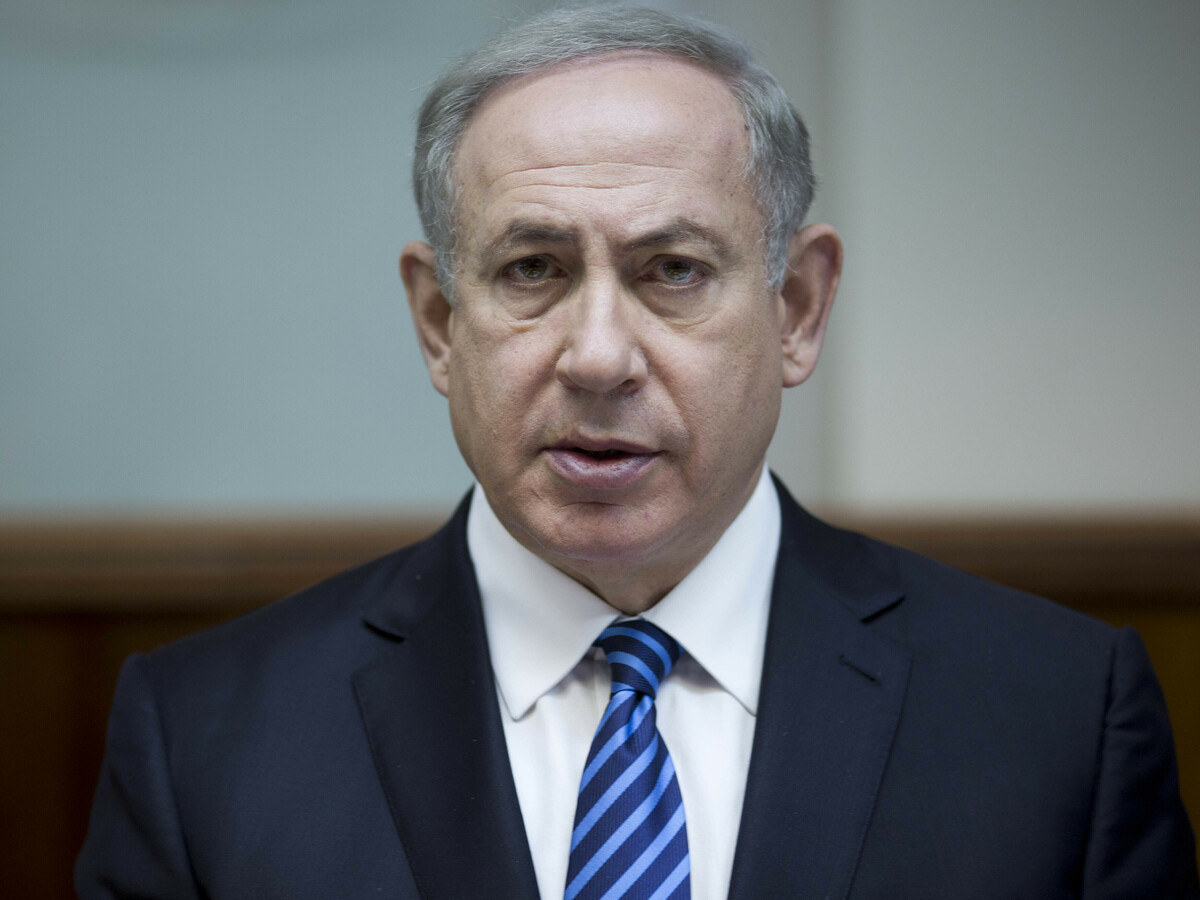
Israeli Prime Minister Benjamin Netanyahu defended Israel's actions and goals in an interview with NPR's Steve Inskeep. AP hide caption

Israeli Prime Minister Benjamin Netanyahu defended Israel's actions and goals in an interview with NPR's Steve Inskeep.
APIn an interview with NPR's Steve Inskeep, Israeli Prime Minister Benjamin Netanyahu often referred to post-WW II Germany as a possible road map for what he called the "de-militarizing" and "de-radicalizing" of Gaza.
Netanyahu said Gaza needs a new 'civilian government,' but won't say who.
NPR National Security Correspondent Greg Myre parses what Netanyahu said in a conversation with co-host Ari Shapiro.
Email us at
This episode was produced by Lilly Quiroz, Shelby Hawkins, Tyler Bartlam and Jason Fuller. It was edited by Reena Advani, Kathryn Fox and Adam Raney. Our executive producer is Sami Yenigun.

 Live Radio
Live Radio